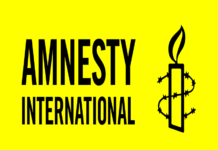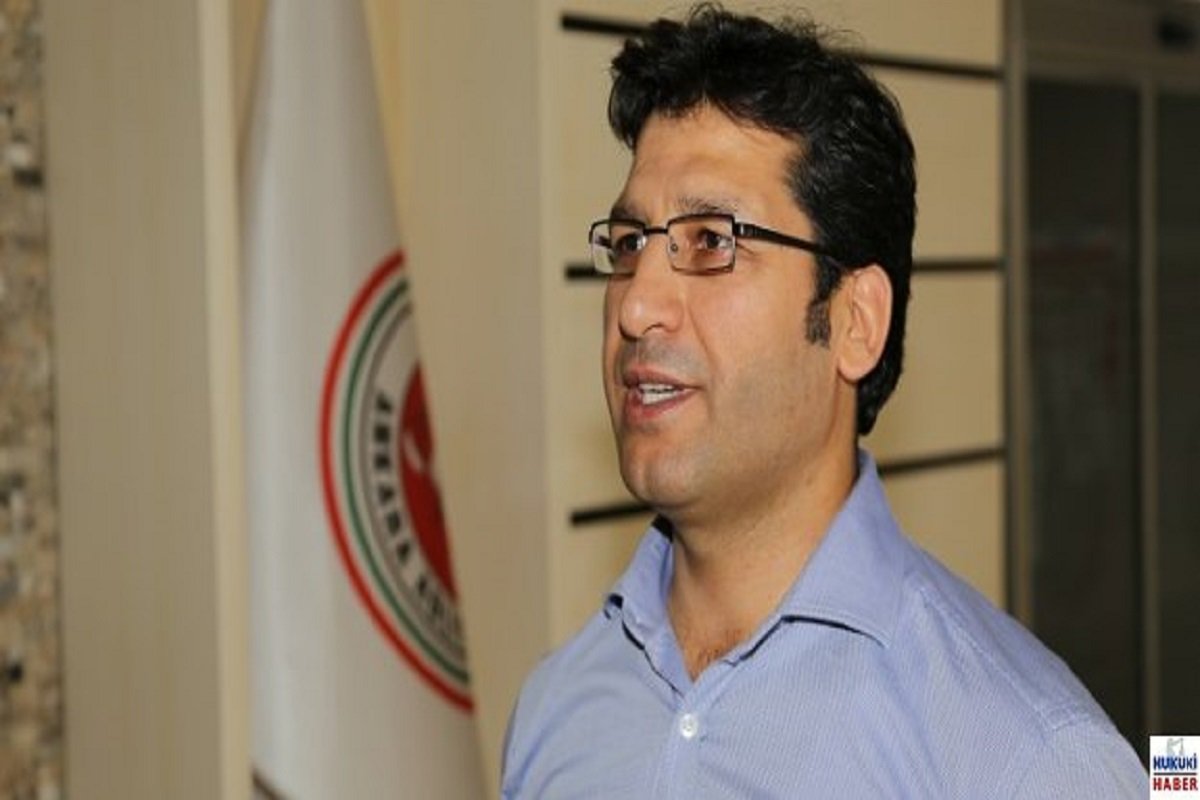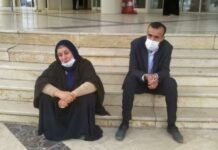
Turkey has been ranked 103rd among 167 countries in the latest edition of The Economist Intelligence Unit’s (EIU) Democracy Index, rising by one place compared to 2020, Turkish Minute reported, citing Deutsche Welle Turkish service.
The ranking of the index, which scored 167 countries from 0 to 10, was based on 60 indicators across five broad categories: electoral process and pluralism, the functioning of government, political participation, democratic political culture and civil liberties.
The index on Thursday showed Turkey’s score at 4.35, falling under the category of “hybrid regime,” the second-lowest after “authoritarian regime,” DW said.
The annual index revealed an overall score of 5.28, down from 5.37 in 2020. “This fall is the biggest since 2010, in the immediate aftermath of the global financial crisis, and sets another dismal record for the worst global score since the index was first produced in 2006,” the EIU said.
The index score fell for all but one region, with pandemic-related restrictions continuing to constrain individual freedoms, according to the index, which also said that 45.7 percent of the world’s population now lives in a democracy of some sort, a significant decline from 49.4 percent in 2020.
After Chile and Spain were downgraded from “full democracies” to “flawed democracies,” those residing in a “full democracy” dropped slightly from 6.8 to 6.4 percent in 2021, the index also showed.
“Substantially more than a third of the world’s population (37.1 percent) live under authoritarian rule, a large share of which are in China,” the EIU said.
According to the index, the most democratic countries in the world were Norway with a score of 9.75, New Zealand with a score of 9.37 and Finland with a score of 9.27, while Afghanistan took last place in the index with a score of 0.32.
The countries in the worst situation in terms of democracy after Afghanistan were Myanmar, with a score of 1.02, and North Korea at 1.08, the index revealed.
Turkey’s Justice and Development Party (AKP) government has previously been accused of using the pandemic as a pretext to enforce restrictions on nightlife and entertainment in an attempt to impose a religious lifestyle.
Political prisoners were excluded from an early parole law on April 14, 2020, aimed at reducing the inmate population of the country’s overcrowded prisons due to the pandemic. The legislation excluded political prisoners such as politicians, journalists, lawyers, academics and human rights defenders convicted under the country’s controversial counterterrorism laws and prompted calls from the UN and the EU for the non-discriminatory reduction of prison populations.
The country was also ranked first among countries in which democratic rule decreased between 2010 and 2020, according to a report published in November by the Stockholm-based International Institute for Democracy and Electoral Assistance (IDEA).














